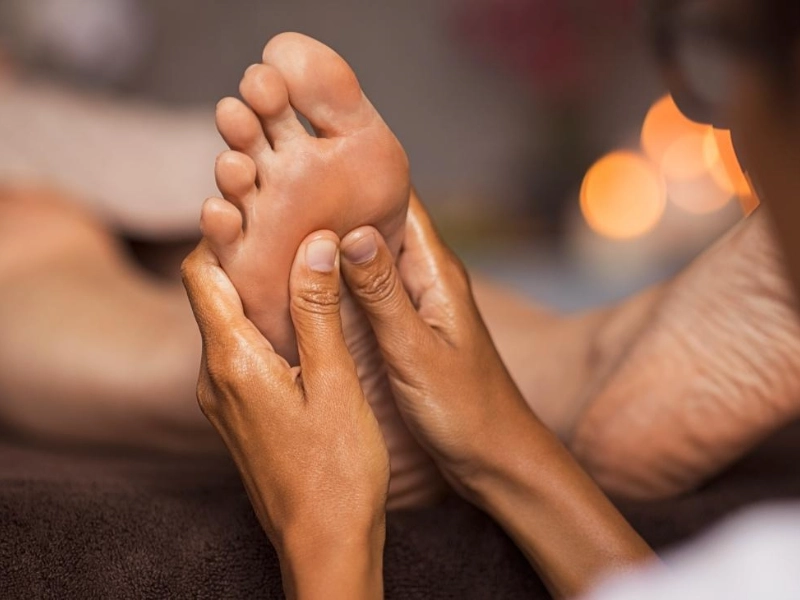5. Professional Considerations and Best Practices

Professional foot massage practitioners must adhere to ethical standards, safety protocols, and business practices that ensure client satisfaction and practitioner success. Effective intake procedures include thorough health histories and clear communication about expectations and boundaries. Practitioners should stay informed about relevant licensing requirements in their region and maintain comprehensive liability insurance. Recognizing contraindications and knowing when to refer clients to other healthcare providers are critical for maintaining professional ethics and client safety. Thorough and consistent documentation practices, including detailed session notes and progress tracking, are essential. Professional boundaries must be clearly defined and maintained, and policies regarding payment, cancellation, and scheduling should be communicated effectively to clients. Practitioners should continually update their knowledge of new techniques and industry research, engaging in ongoing education and skill development. Building professional relationships and networking with other healthcare providers can enhance practice success and provide valuable referral sources. Marketing strategies should be ethical and focused on educating potential clients about the benefits of foot massage. Clear policies and procedures help ensure consistency in service delivery and build client trust. Regular evaluation of business practices and client feedback allows for continuous improvement and helps maintain high standards of care.
Advertisement

